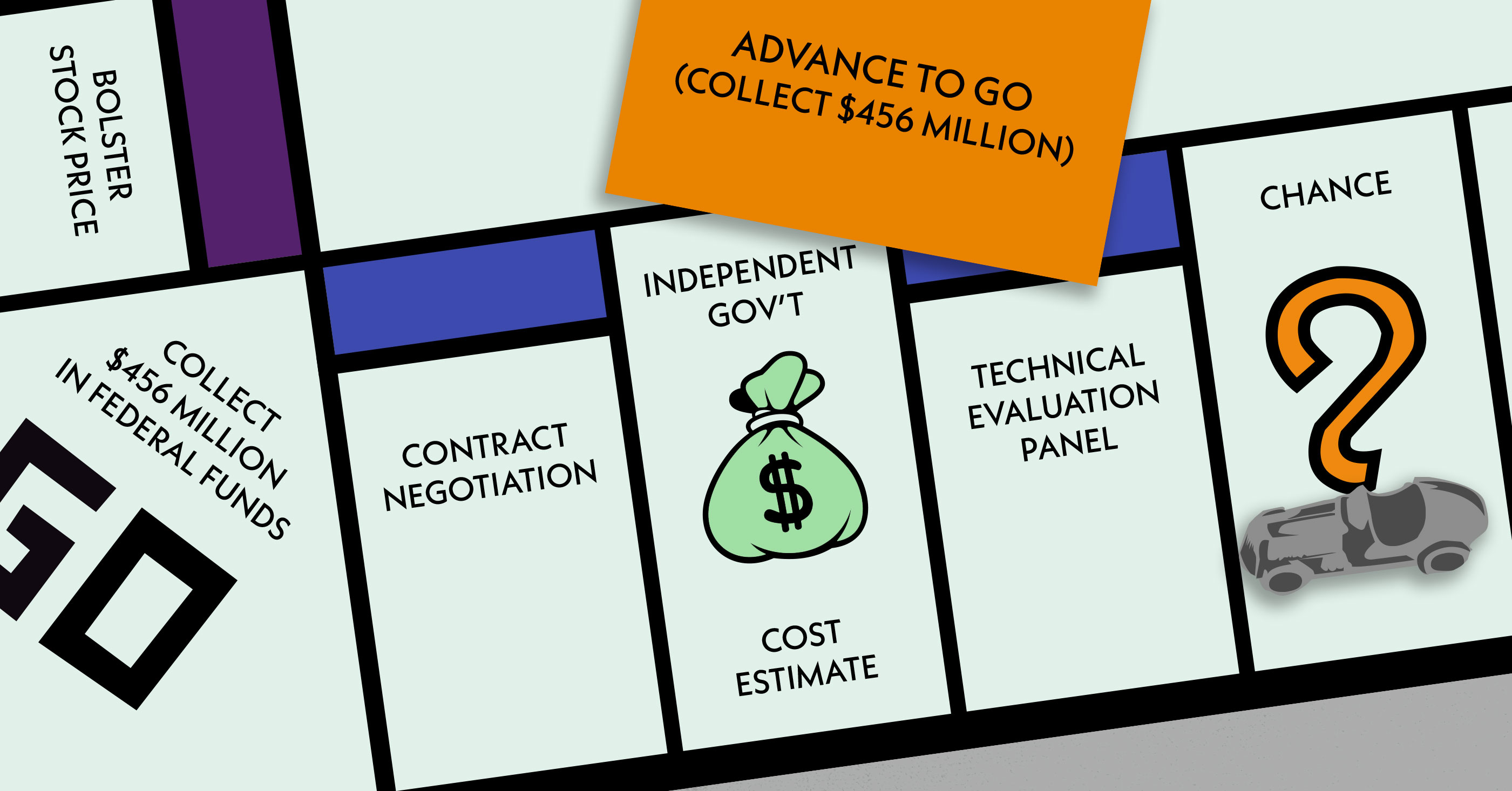Whistleblower Lawsuit Raises Questions About J&J Vaccine Grant

- Dr. Bright distances himself from $456 million contract with J&J
- Allegations suggest critical steps were skipped before awarding contract
- Concerns about political connections raise questions about scientific merits
Before filing his whistleblower lawsuit claiming corruption and cronyism in the U.S. Biomedical Advanced Research and Development Authority (BARDA), Dr. Rick Bright, the former head of the agency in charge of production and purchase of vaccines, issued a public statement. He claims “this Administration has politicized the work of BARDA and has pressured me and other conscientious scientists to fund companies with political connections as well as efforts that lack scientific merit.”
Read the Whistleblower Lawsuit
While his public statement didn’t address the $456 million grant awarded to Johnson & Johnson on March 27 to develop and manufacture an unproven COVID-19 vaccine, in the whistleblower lawsuit, Dr. Bright clearly tries to distance himself from the deal. Johnson & Johnson’s CEO Alex Gorsky has a cozy relationship with the Trump administration.
Read about Gorsky’s Ties to the White House
Dr. Bright asserts that an HHS claim that he “abused his authority by taking unilateral action to award a $456 million contract to Janssen” is “demonstrably false.” Instead, Bright alleges that Dr. Robert Kadlec, the Assistant Secretary for Preparedness and Response, hastily approved the contract in a manner that appeared to short circuit BARDA’s established process of “rigorous review” which “is designed to allow no room for industry lobbyists, political influence, or special interests.” Dr. Kadlec reports directly to Alex Azar, Secretary of Health and Human Services.
The whistleblower complaint describes the BARDA Standard Operating Procedures for awarding contracts. According to these procedures, the agency solicits a request for proposals, a Contract Officer reviews the proposals, and if it meets the established requirements, a Technical Evaluation Panel (TEP) is assembled. The TEP should include subject matter experts from BARDA, National Institutes of Health, Centers for Disease Control, U.S. Food and Drug Administration, and the Department of Defense. The TEP’s review should be based “solely on scientific merit.”
After TEP approval, a separate group with “budgetary experience” is to perform an Independent Government Cost Estimate after which the Contract Officer and a Contract Officer Representative negotiate the terms, and hand the contract to the Source Selection Authority -- an individual authorized to approve the final contract.
Dr. Bright’s complaint alleges that “After consulting with Dr. Bright, and on the recommendation of BARDA’s subject matter experts, Dr. Disbrow submitted a request for funding to Dr. Kadlec. Dr Kadlec himself approved the request the same day.” The complaint does not reveal what Dr. Bright said in his consultation. While the complaint refers to the approval of BARDA’s subject matter experts, it makes no mention of a Technical Evaluation Panel. Moreover, the claim that Dr. Kadlec “approved the request the same day” makes it unlikely that an Independent Government Cost Estimate was performed or that there was any substantial effort made to negotiate the terms of the nearly half-billion dollar contract.
On it’s website, Johnson & Johnson says that the COVID-19 deal was “created under an existing U.S. Government’s Other Transaction Authority, (HHSO100201700018C),” which was inked September 15, 2017 with the purpose of accelerating “new therapies and vaccines to protect communities against the threat of a pandemic.” Under that agreement, BARDA would “provide up to $43 million during the partnership’s first year and potentially up to $273 million over five years.” According to a Forbes report, “It’s the largest reported amount spent on a vaccine project to date, even though the pharma giant hasn’t yet started any clinical trials as other firms have.”
Read J&J's Statement on the COVID-19 Grant
Read J&J’s Statement on the Initial Funding